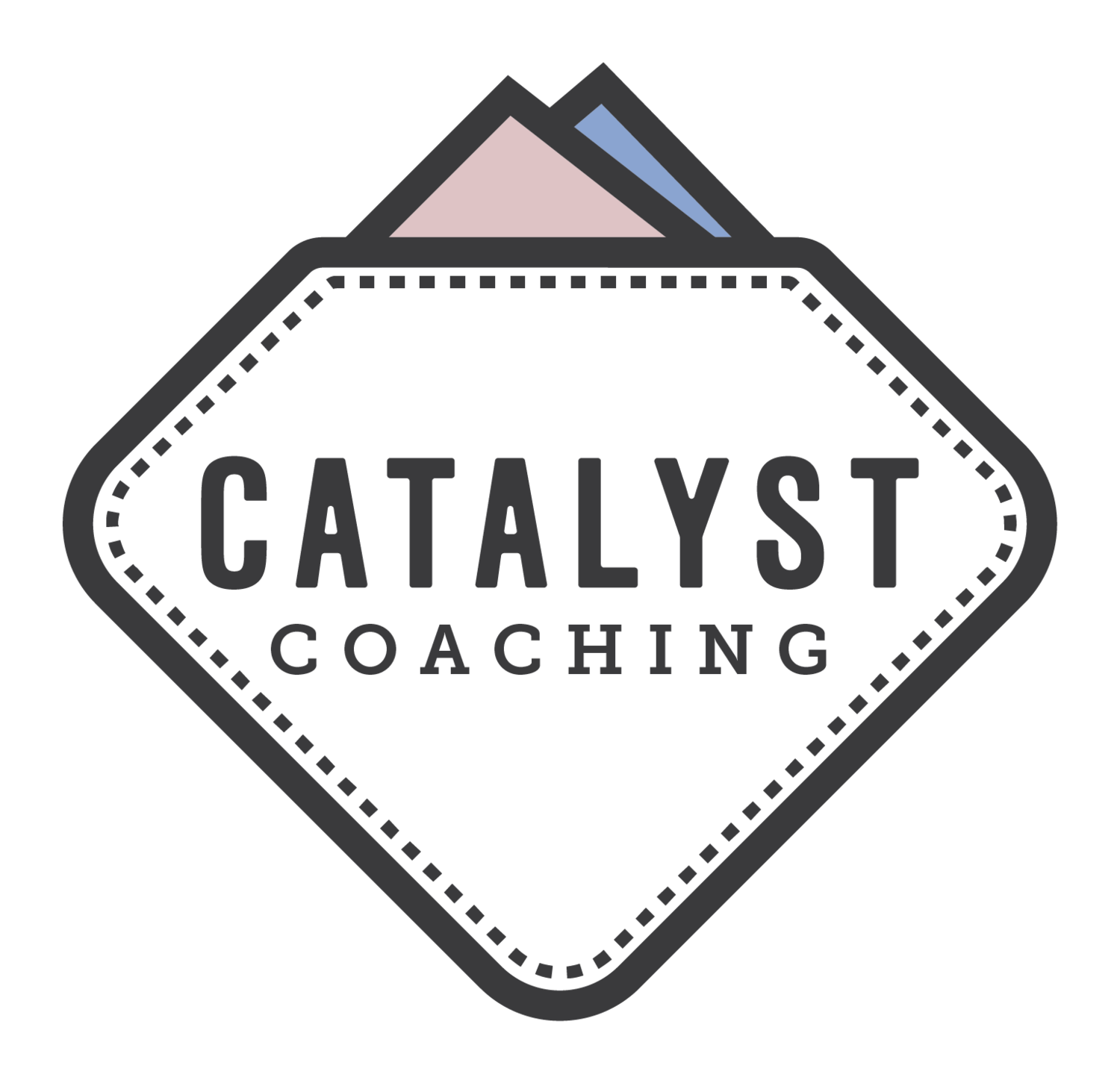Jim's COVID Year Reflection
/We asked Coach Jim Peterman about what he learned from coaching in the COVID year and how he and his athletes managed it.
How did you keep athletes motivated when the race calendar was up in the air?
In terms of coaching, one of the hardest times this year was when the race/event calendar was up in the air. It was hard not to be pessimistic about the race season as the COVID situation got worse and worse. However, if there was a chance that racing would be able to happen, it was important to make sure athletes were ready for it. I never would’ve thought all three Grand Tours would have happened this year so that just goes to show the importance of training through the uncertainty.
Most of our athletes are already highly motivated so it wasn’t hard to keep them motivated while there was potential for racing/cycling events. The real difficulties came when races/events announced they were cancelled. It’s natural for motivation to take a big hit at that point and fighting that would not be productive. So, it became important to give athletes a bit of time to blow off training and then just as important to help them understand blowing off a few days of training wasn’t the end of the world. A number of athletes felt they were unique in their suffering so it was important to help them understand others were suffering too. That helped them accept things and begin thinking about new goals.
What did you do once you realized cycling events weren’t really going to be happening in the US in 2020?
Once it became clear there weren’t going to be races in the US for the athletes I coach, it became time to change up the training plan. This was a bit awkward at first as most of our coaching is aimed at helping athletes prepare for races or events. Largely, training became less about getting ready for a race/event and more about finding other ways to have fun.
There was a lot of diversity with regards to what athletes considered “fun”. A couple of athletes really hopped on the Zwift racing band wagon. This was especially great for those who were limited to riding inside due to COVID restrictions and helped them get their racing fix. For others, we included unstructured Strava “race days”, which involved Strava KOM hunting. Creating local routes to replace events (like mountainous century rides) was also a fun way to keep the motivation up and perform a virtual challenge. Other athletes really enjoy the structure associated with training so training plans didn’t need to change much at all. Communication with athletes was key to determine what they wanted to do and what would keep them motivated to train.
The cancellation of races also provided unique training opportunities. Without racing, there was less worry about overreaching, so we could incorporate very difficult training blocks. With one athlete, we did a short, very intense VO2 block that boosted the fitness (and the self-confidence – if you can survive that block, you can survive most anything). There was also the opportunity to focus on weaknesses like never before. Improving anaerobic power was great for some athletes as the training requires less time (so it’s great for those stuck on the trainer) and it’ll help them race strong once races get going again. For others, it was an opportunity to try other sports. Athletes took up a bit more running and/or swimming to keep their general fitness high and have fun mixing things up.
The summer of no racing also allowed for more unstructured fun rides. I think most of us have rides that we’ve always wanted to do but haven’t for whatever reason. This summer was the perfect opportunity to get these rides in. Fitness was high, the weather was nice, and there weren’t any races getting in the way. The other nice thing was that athletes could accomplish another goal of sorts.
What other takeaways do you have from coaching during this period?
When there are a lot of unknowns and things aren’t ideal in the world, training goals and moods change rapidly. I found this for myself as I trained for running a 50k and then almost overnight decided I wanted nothing to do with it and would rather train for a fast mile. As a coach, it has been important to quickly adapt to help athletes stay motivated and pursuing different goals that’ll help them stay fit. In addition, it’s been important to help athletes overcome poor moods. There’s been a lot of negativity this year and it’s been easy to get into a bad funk. Many athletes are hesitant to cut training but I’ve learned that often it’s the best thing you can do. A break from training (particularly structured training) can help an athlete reset and find that motivation again.
Another important takeaway is striving to maintain a “normal” training calendar. Like many, it’s been easy to completely lose track of the months. However, remembering to take some breaks from training is important to prevent burnout and to set up what will hopefully be a great 2021 racing season. Further, without racing, rest weeks may not feel important but they’re still vital to manage overall workload.












